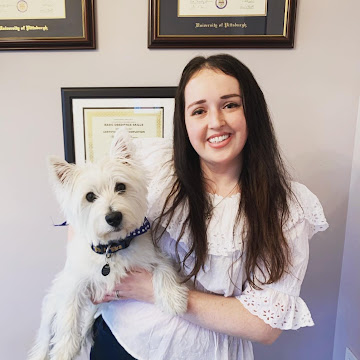Holidays are coming up and people are gathering. Protect those you love by reducing risk of spreading germs. Vaccines can help reduce the spread of viruses and can even reduce how severity of illness if you do happen to get sick.
The pharmacist team at PeopleOne would recommend that you stay up to date on all recommended vaccines, commonly including: annual flu, COVID-19, among others, depending on your age and health conditions. Two new vaccines have been approved for Respiratory Syncytial Virus (RSV), and they will be the focus of our article this month:
What is Respiratory Syncytial Virus (RSV)?
RSV is a relatively common virus that usually presents with mild cold-like symptoms. Generally, the virus can be treated with symptom management. Two populations may develop more serious illness from RSV and may require hospitalization: young children and adults over the age of 65.Please note: It is important to recognize the signs and symptoms and notify your healthcare provider. If you feel that you or a child needs to be seen. Follow this link for more information
What Are These Vaccines?
The first two approved vaccines approved for preventing symptomatic RSV lower respiratory tract disease are Arexvy (GSK) and Abrysvo (Pfizer). They are both approved for adults 60 years of age and older as a single-dose vaccination to prevent the morbidity associated with RSV in this population.| Arexvy (GSK), approved May 2023 | Abrysvo (Pfizer), approved May 2023, FDA-approved for pregnant women August 2023 |
Important update: As of September 22, 2023, “the CDC recommends the RSV vaccine during 32-36 weeks of pregnancy to help protect babies from severe RSV.”
Who is eligible for these vaccines?
Adults 60 years of age or older (especially those who have chronic heart orlung disease or those with a weakened immune system.) and pregnant women (during 32-36 weeks of pregnancy)
What about for young children?
Young children can also be protected through the use of monoclonal antibodies. Nirsevimab (Beyfortus) and palivizumab (Synagis) are two monoclonal antibody products approved for use in babies and children to protect against severe disease from an RSV infection. These are NOT VACCINES. While they do protect against infection, their efficacy is not long-standing and it is not recommended to give them if a child already has an RSV infection. While individual treatment may be subject to variation and provider guidance.If you feel that either the vaccine or monoclonal antibody may be right for you or your child, talk to your healthcare provider!













